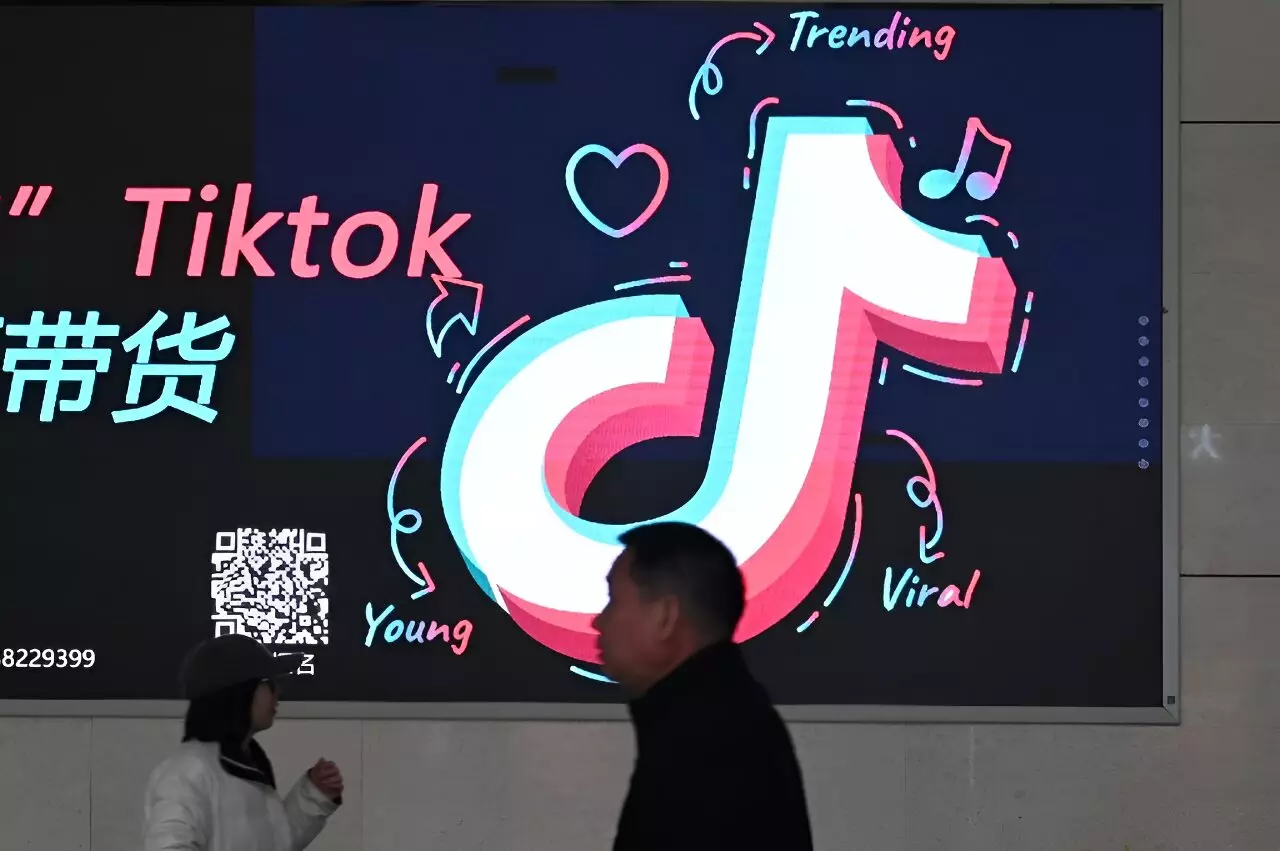The recent lawsuit filed by the Department of Justice and Federal Trade Commission (FTC) against TikTok has shed light on the app’s alleged violations of children’s privacy. According to the suit, TikTok has been collecting personal data from users under the age of 13 without obtaining parental consent, thus breaching the Children’s Online Privacy Protection Act (COPPA). This act prohibits websites from gathering information about children without parental approval, yet TikTok has been accused of disregarding this law since 2019.
Furthermore, the suit argues that even accounts created in “Kids Mode” for users under 13 years old have been collecting email addresses and other personal information without parental knowledge. The FTC chair, Lina Khan, stated that TikTok’s actions pose a threat to the safety of millions of children in the United States. Moreover, the suit claims that TikTok and its parent company, ByteDance, have failed to honor parents’ requests to delete their children’s accounts and data, indicating a lack of responsibility and accountability.
In addition to the privacy issues, TikTok is also facing allegations of being a national security threat. The US Justice Department has raised concerns about the app’s data collection practices and its potential ties to the Chinese government. The Department argues that given TikTok’s extensive reach in the United States, there is a risk that China could exploit the platform to undermine American interests, thus posing a significant national security threat.
Moreover, the US response to ByteDance’s legal challenge against the forced sale of TikTok emphasizes that the law in question addresses national security matters, not freedom of speech. The Justice Department’s filing highlights the risk of ByteDance complying with Chinese government demands for user data or engaging in censorship to align with Chinese interests. These concerns have fueled the ongoing legal battle between TikTok and the US government.
TikTok has argued that a potential ban on the app would infringe on the First Amendment rights of its American users, as it would silence the voices of approximately 170 million individuals in the US. The company asserts that the government has not provided substantial evidence to support its claims, including the constitutionality of the law mandating the sale of TikTok.
However, the US government maintains that national security takes precedence over free speech concerns in this case. The Justice Department’s filing underscores the potential risks associated with ByteDance’s ownership of TikTok, emphasizing the need to safeguard American interests from external threats. The clash between TikTok’s claims of constitutional protections and the government’s national security interests underscores the complexities of the ongoing legal dispute.
As TikTok continues to navigate the legal challenges and mounting scrutiny from the US government, the app’s future remains uncertain. The deadline set by President Joe Biden for TikTok to find a non-Chinese buyer or face a ban poses a significant threat to the platform’s operations in the country. ByteDance’s reluctance to sell TikTok leaves the lawsuit as the primary avenue to avert a potential ban, with the case likely to reach the US Supreme Court.
The battle over TikTok encapsulates broader debates around children’s privacy rights, national security concerns, and the limits of free speech in the digital age. The outcome of this legal showdown will have far-reaching implications for the tech industry, data privacy regulations, and the relationship between technology companies and national governments. As TikTok grapples with these multifaceted challenges, the resolution of this case will undoubtedly shape the future of social media platforms and their obligations to users and society at large.


Leave a Reply